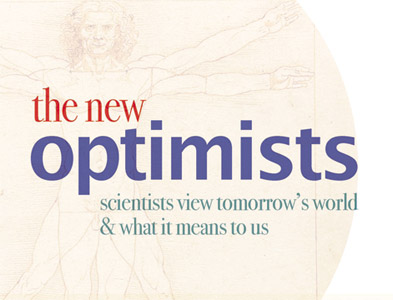Understanding intelligent behaviour (cognition) seems to be an intractable problem. There is also a steady stream of findings showing that some non-human animals have abilities previously thought to be unique to humans. What’s going on?
 Our understanding is increasing, says Dr Jackie Chappell at the Centre for Ornithology at the University of Birmingham, through collaborations between researchers in animal behaviour such as herself, with researchers in robotics and AI (artificial intelligence).
Our understanding is increasing, says Dr Jackie Chappell at the Centre for Ornithology at the University of Birmingham, through collaborations between researchers in animal behaviour such as herself, with researchers in robotics and AI (artificial intelligence).
As a result of these collaborations, models of some of the component systems that appear to generate intelligent behaviour have been built and tested.
 Dr Jackie Chappell is Lecturer in Animal Behaviour at the Centre for Ornithology in the School of Biosciences at the University of Birmingham. She spent several years at the University of Oxford studying various aspects of animal cognition, including tool use in New Caledonian crows. Since moving to the University of Birmingham in 2004, her interests have broadened to the study of cognitive adaptations, in particular how animals use intelligence to adapt to their environment, and why only some species use this strategy.
Dr Jackie Chappell is Lecturer in Animal Behaviour at the Centre for Ornithology in the School of Biosciences at the University of Birmingham. She spent several years at the University of Oxford studying various aspects of animal cognition, including tool use in New Caledonian crows. Since moving to the University of Birmingham in 2004, her interests have broadened to the study of cognitive adaptations, in particular how animals use intelligence to adapt to their environment, and why only some species use this strategy.
She recommends this book for the interested layreader:
Gärdenfors, Peter (2006) How Homo Became Sapiens: On the evolution of thinking. OUP, Oxford. ISBN: 978-0198528517
For those of you who’d appreciate something more technical, this is an interesting paper of hers, co-authored with Aaron Sloman:
J. Chappell and A. Sloman. Natural and artificial meta-configured altricial information-processing systems. International Journal of Unconventional Computing, 3(3):211–239, 2007.









